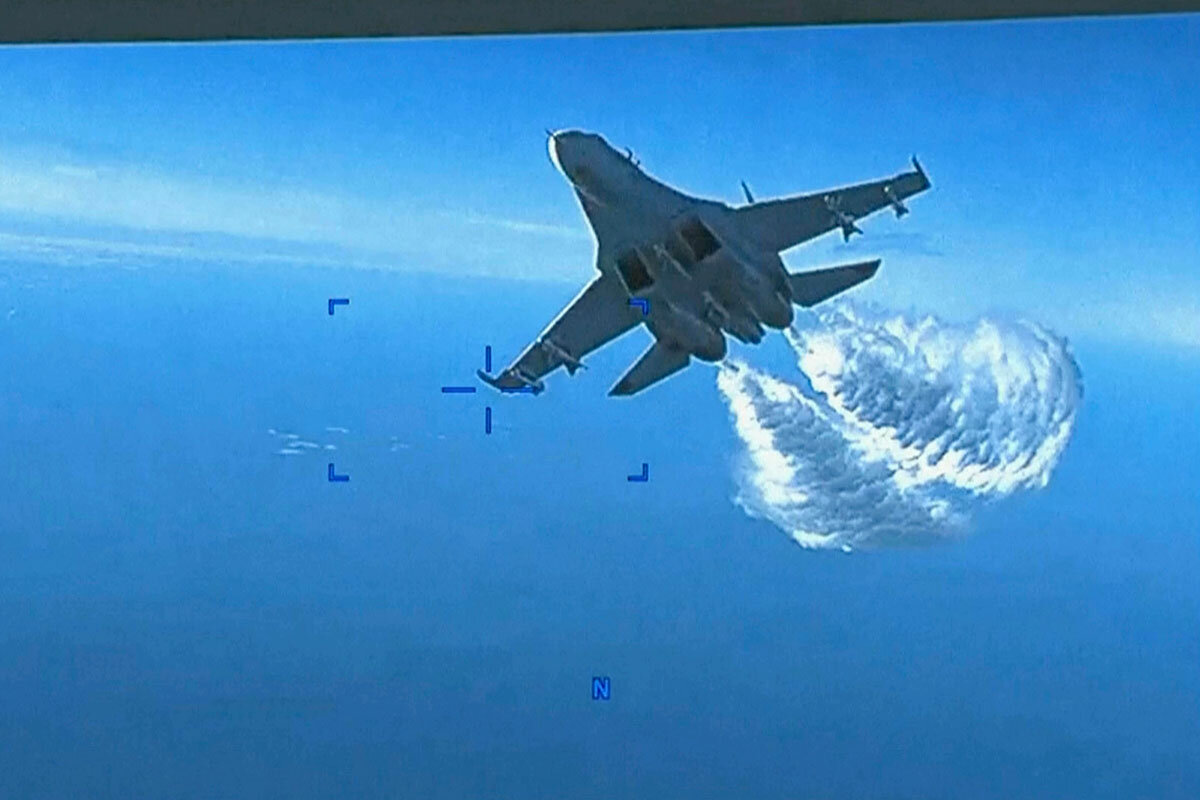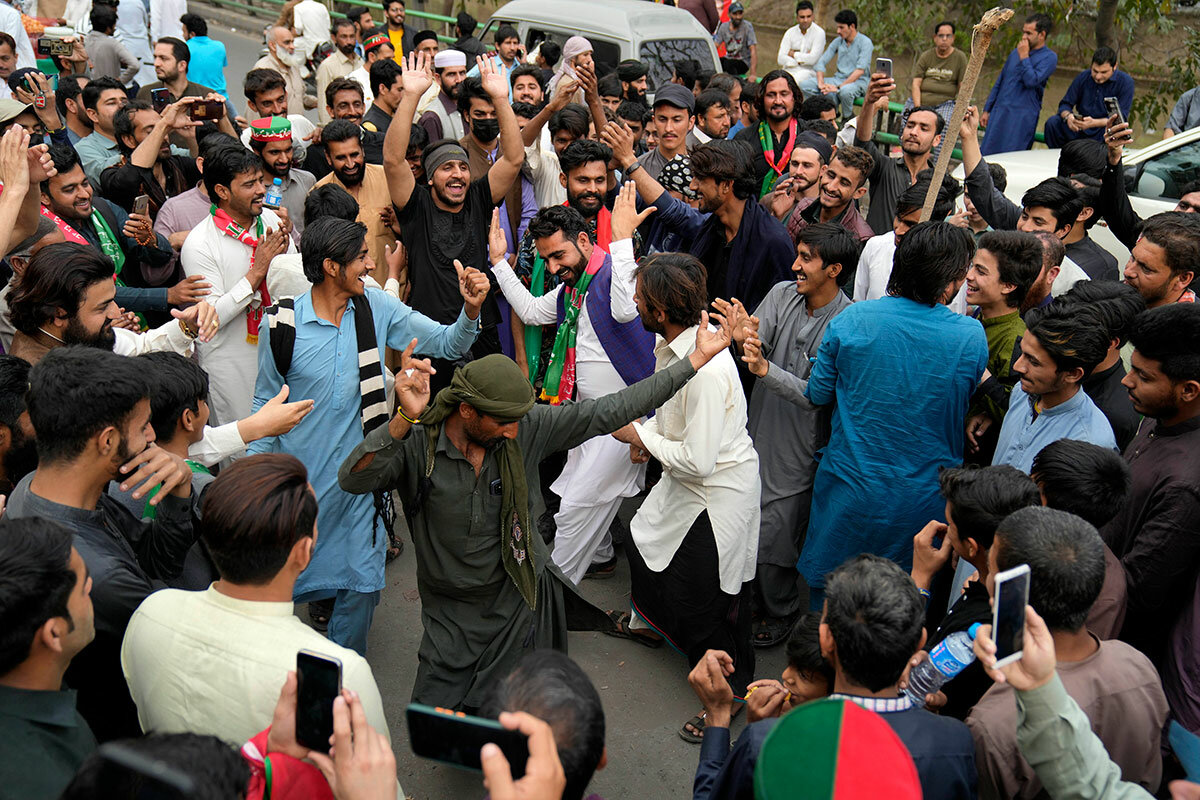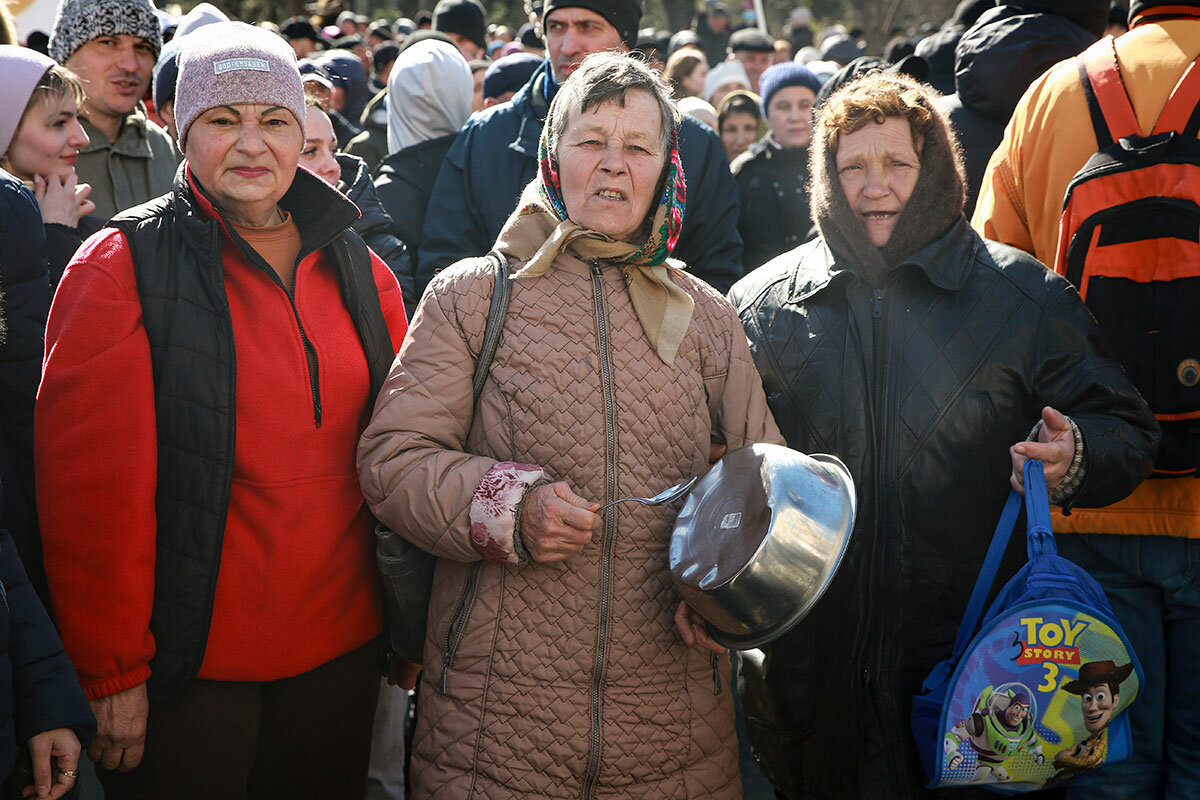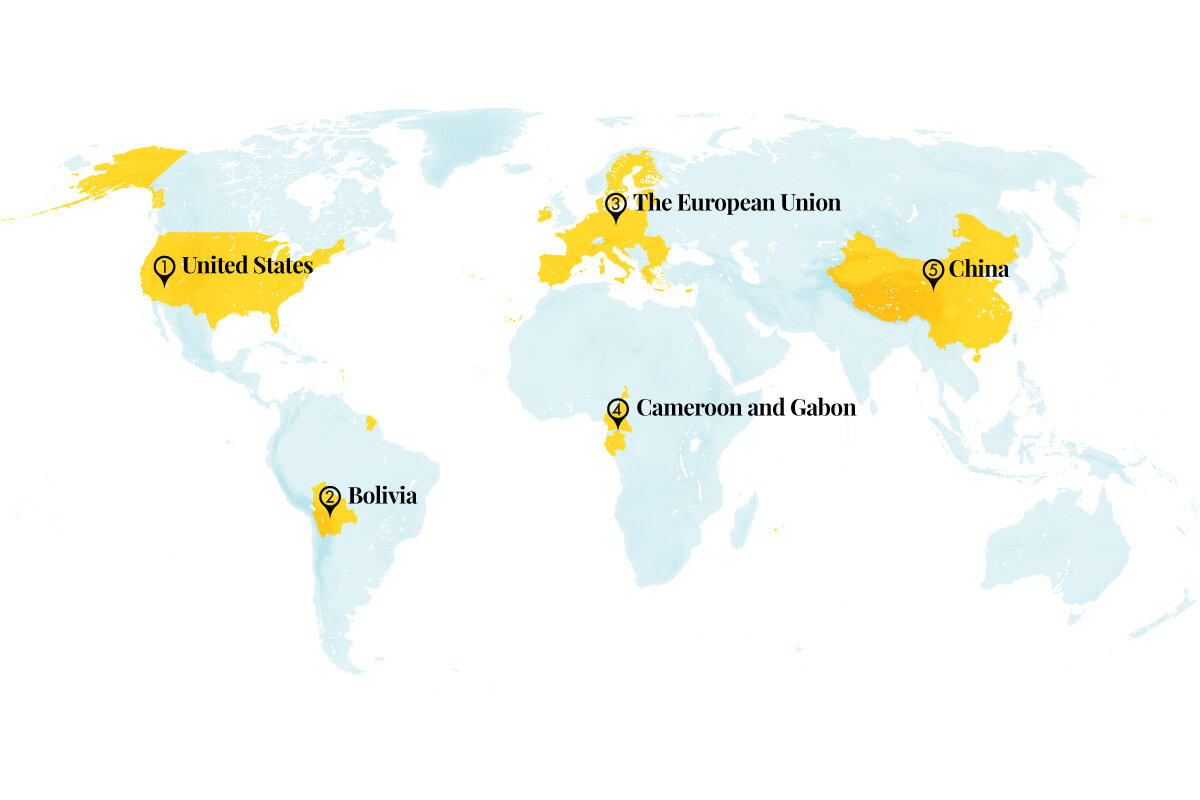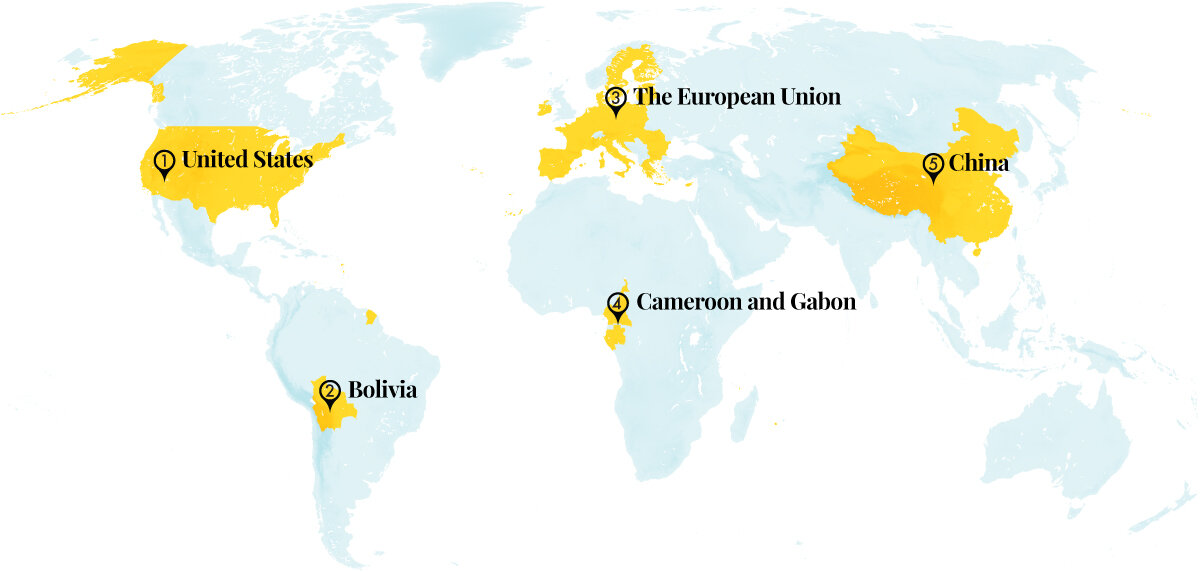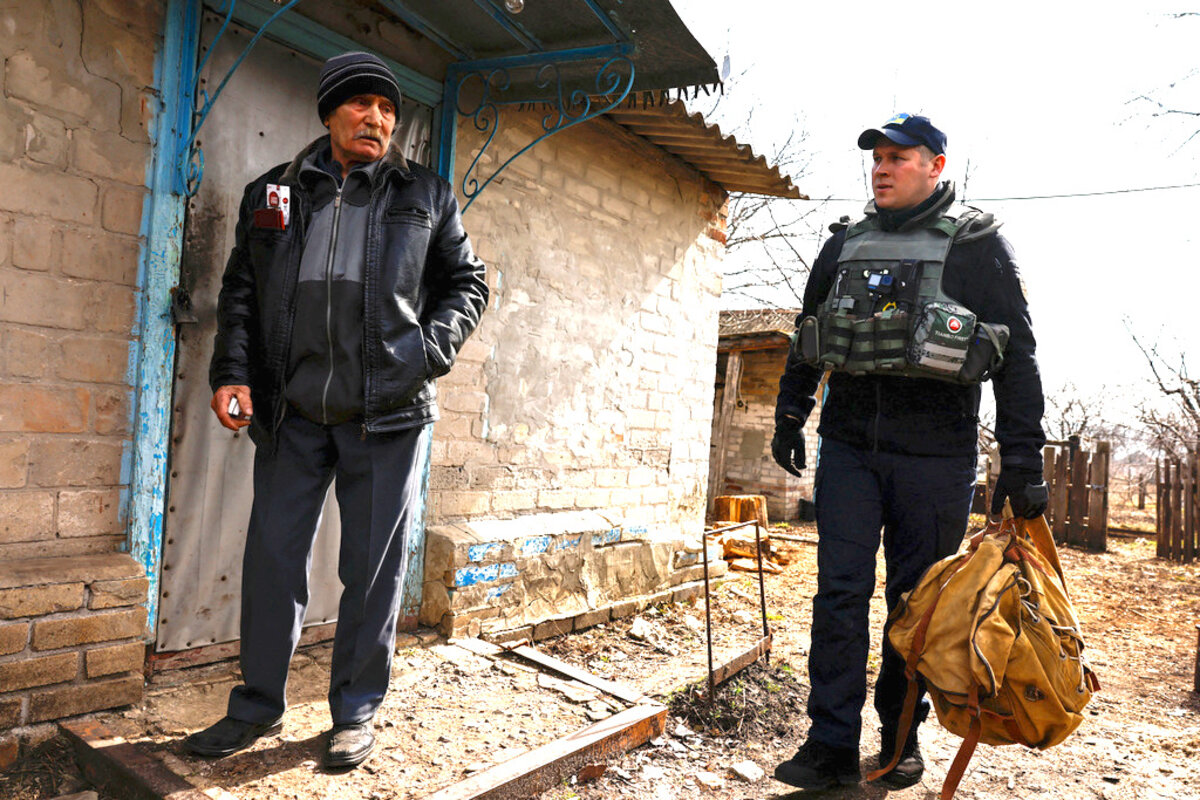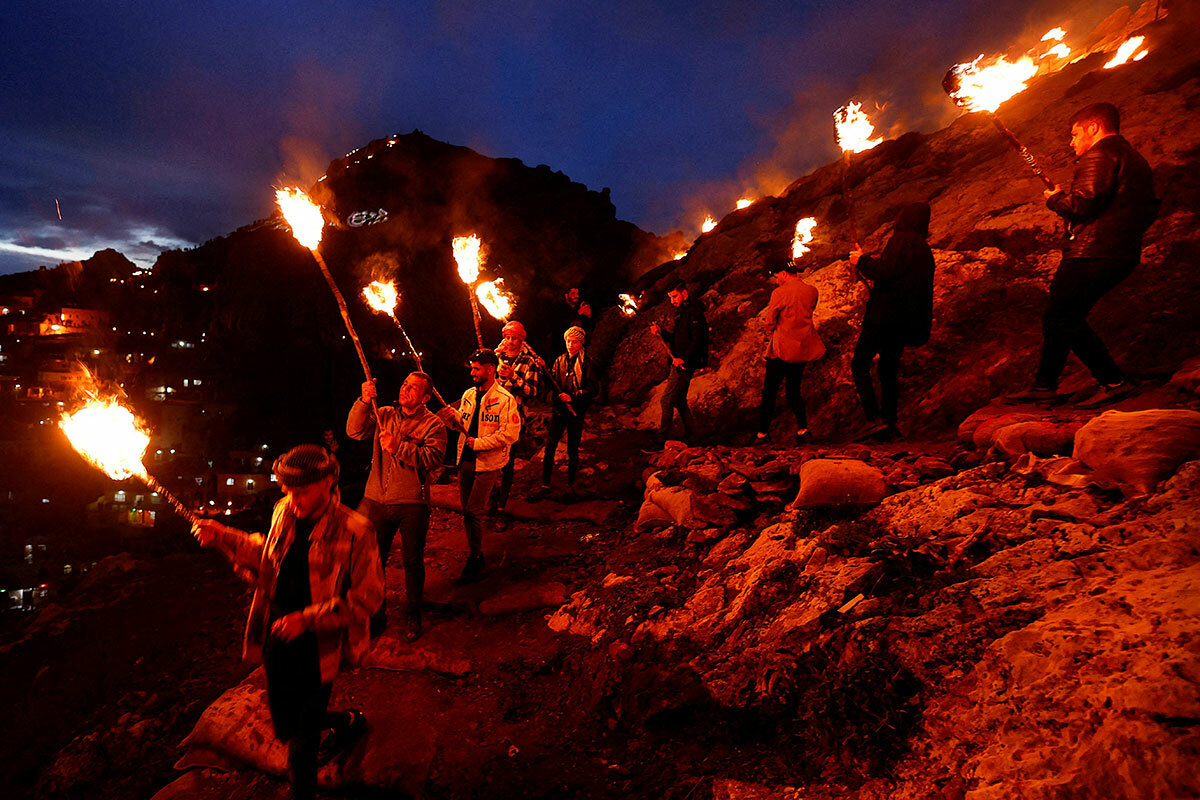While there’ve been no public declarations, NATO has quietly taken the step of putting its strategic headquarters on what military officials there describe as “war fighting” footing.
Monitor Daily Podcast
- Follow us:
- Apple Podcasts
- Spotify
- RSS Feed
- Download
 Clara Germani
Clara Germani
Four decades ago, a Maine fifth grader named Samantha Smith, who was worried about nuclear war, wrote a letter to Soviet leader Yuri Andropov.
Samantha burst into global headlines and the talk show circuit when Pravda printed her letter asking Mr. Andropov, “Why do you want to conquer the world or at least our country?”
Her P.S., in neat schoolgirl block letters – “Please write back” – eventually worked its charm: Mr. Andropov invited her on a free trip to the USSR to see that “everybody in the Soviet Union stands for peace and friendship among nations.”
I interviewed Samantha for the Monitor just before her July 1983 Soviet tour. Special interest groups – lobbying for dissidents and disarmament – courted Samantha for help. Critics – including those in the Reagan administration – framed her as a propaganda dupe for the “evil empire,” ridiculing the notion that a child could contribute to complex foreign relations.
But the propaganda backfired, as various studies concur, including three recent scholarly articles on Cold War citizen diplomacy, and a highly readable new biography of Samantha (who died in a plane crash in 1985).
We saw that “the Americans were possibly normal. And for many of us, it was like a new concept,” says Lena Nelson, author of “America’s Youngest Ambassador,” the new book. Ms. Nelson’s Soviet generation was smitten by the blue-eyed American: A grade schooler in northern Arkhangelsk at the time, Ms. Nelson – now an American citizen living in Southern California – kept a scrapbook about Samantha while her boy classmates had crushes on the young American.
Thumbing through that keepsake with me recently, Ms. Nelson described the “doom” she felt as a kid practicing gas mask drills and associating that with the American “enemy.” Samantha “forever altered” the American image and the gloomy sense of international isolation, she said. But the Ukraine war, she added, is retrograde isolation for her homeland: “I just didn’t think we’d get back to this.”
Through the decades, wherever I set up shop – in San Francisco, Miami, Washington, Moscow, Boston – a yellowing newspaper photo of the 11-year-old Cold War citizen diplomat graced my desk, a reminder that earnest “soft power” is real. The paper crumbled into fragments last year around the start of the Ukraine war.
But the memory of Samantha’s bold innocence endures.




